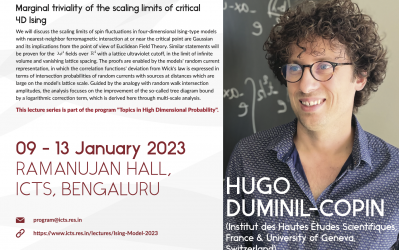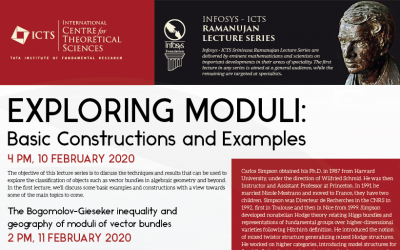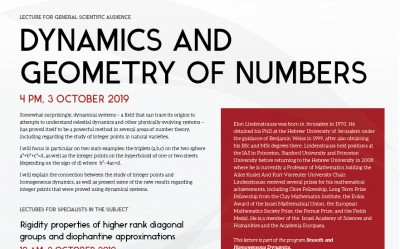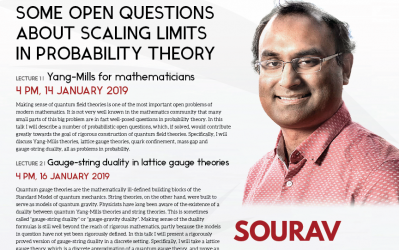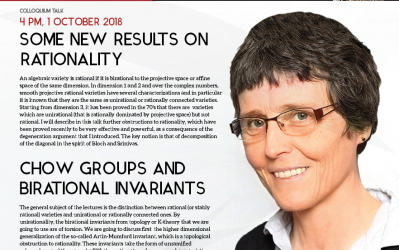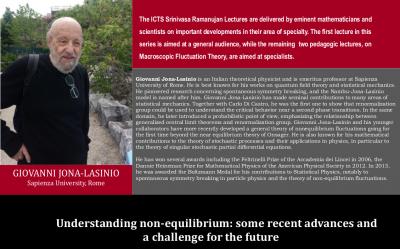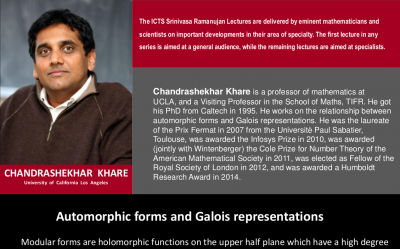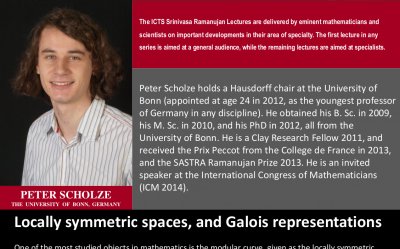Nigel Hitchin (University of Oxford, Oxford, UK)
17 February 2026 to 19 February 2026
Ramanujan Lecture Hall, ICTS Bengaluru
Lecture 1 Date and time: 17 February 2026, 16:00-17:00 Title: The integrable system Abstract: When the study of Higgs bundles on a Riemann surface began 40 years ago, what is now known as the Hitchin integrable system was a sideshow – an observation. The talk will follow the development of this...more





